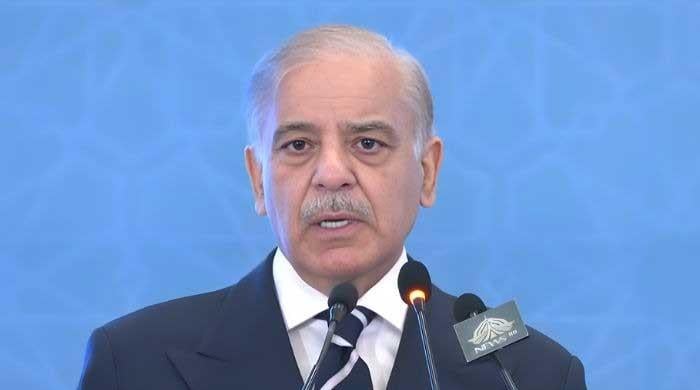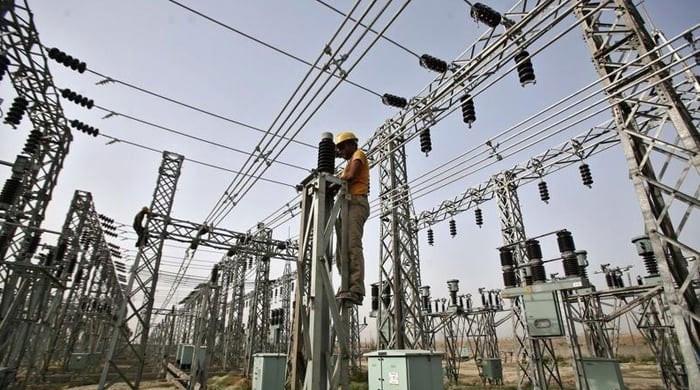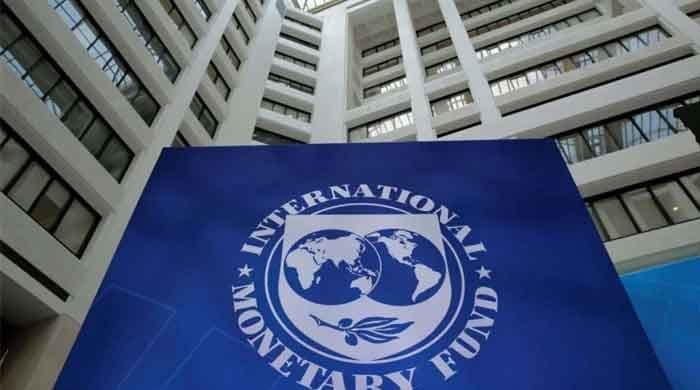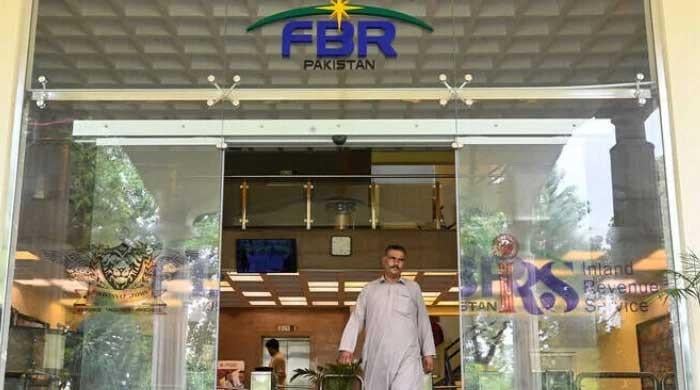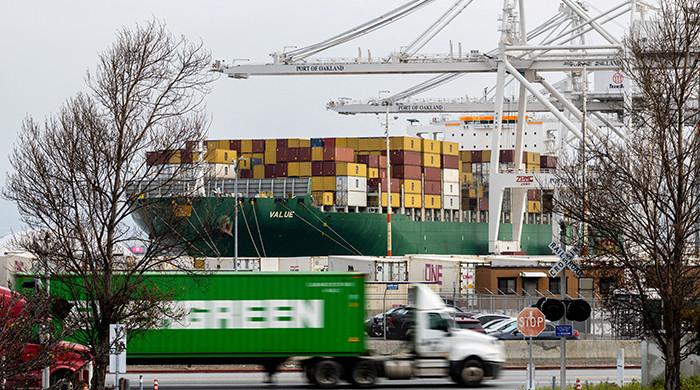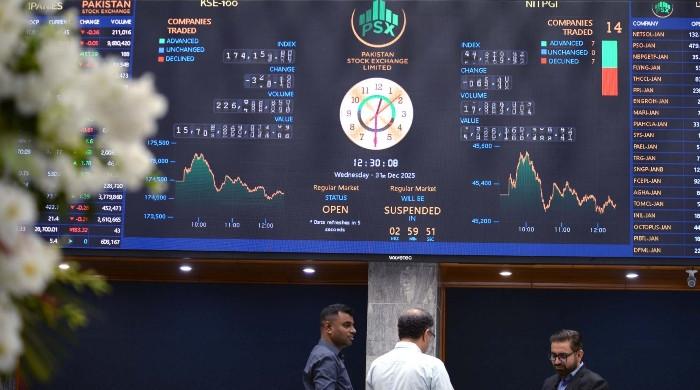$250m funding to boost Pakistan and regional glacier-fed agriculture under ADB project
Plan aims to help communities in glacier-dependent regions cope with growing impacts of climate change
October 29, 2025
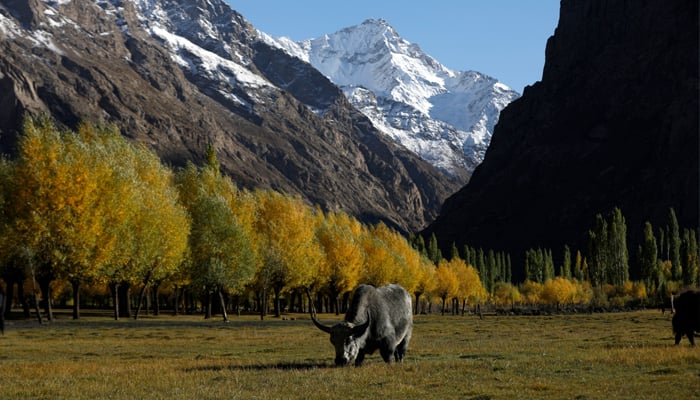
- Project covers Pakistan, Central Asia and South Caucasus.
- Funding to complement $3.25bn from ADB over next decade.
- Plan focuses on Swat river basin, covering around 27m hectares.
The Green Climate Fund (GCF) has approved $250 million for Glaciers to Farms, a major adaptation plan led by the Asian Development Bank (ADB).
A statement issued by the ADB said the plan aims to help communities in glacier-dependent regions, including Pakistan, Central Asia and the South Caucasus, cope with the growing impacts of climate change.
The funding, mostly in grants, will complement $3.25 billion from ADB over the next decade. It will support projects in nine countries, Armenia, Azerbaijan, Georgia, Kazakhstan, Kyrgyz Republic, Pakistan, Tajikistan, Turkmenistan, and Uzbekistan, all of which rely on glacier-fed rivers for farming, drinking water, and electricity.
By improving irrigation, water storage, and watershed management, the plan will help farmers maintain their crops even as glacial melt increases the risk of droughts and floods, particularly in Pakistan’s northern mountain regions.
“Rapid glacial retreat is one of the most complex challenges our region faces,” ADB Director Yasmin Siddiqi said.
“With support from GCF, Glaciers to Farms will help communities move from short-term fixes to long-term solutions that protect lives and livelihoods today and for the future," she added.
In Pakistan, the plan focuses on the Swat river basin, covering around 27 million hectares and directly benefiting 13 million people, including farmers and other vulnerable populations. The initiative will fund climate and glacier assessments, strengthen early warning systems, and help communities manage threats like glacial lake floods and prolonged droughts.
Beyond water and agriculture, the plan will also support social protection programs, health services, and local banks to help agricultural businesses, especially those led by women.
By combining these efforts, the plan aims to make Pakistan’s mountain communities more resilient and self-reliant.
“The Glaciers to Farms plan is a truly innovative and collaborative effort,” GCF Director Thomas Eriksson said.
"It sets a benchmark for how countries in Central and West Asia can work together to protect water and food systems from climate impacts," he added.
Approved at GCF’s 43rd Board Meeting on October 29, the plan builds on glacier risk assessments carried out in 2024, which provided the scientific basis for the initiative.
Founded in 1966, ADB is owned by 69 members, including 50 from the region, and works to promote inclusive, resilient, and sustainable growth across Asia and the Pacific.




